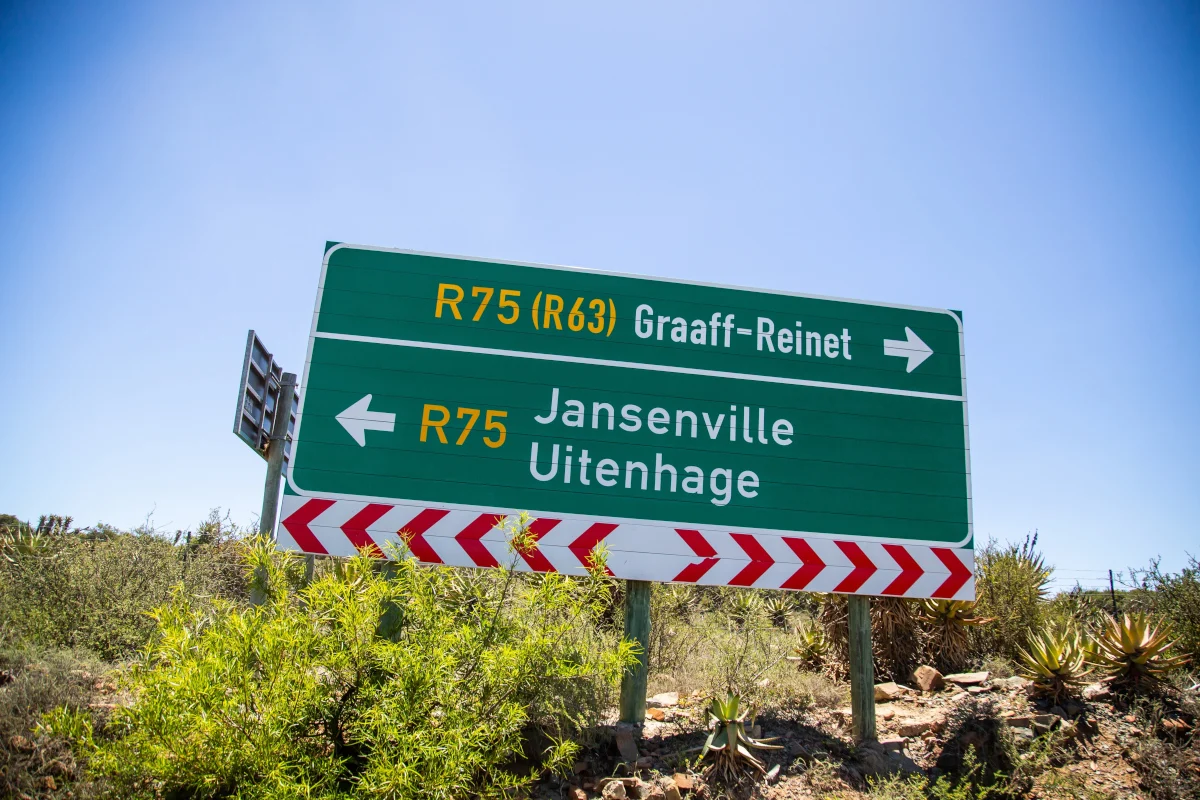
The Eastern Cape Department of Sport, Recreation, Art, and Culture has ignited a fresh debate in South Africa by proposing name changes for four towns in the province. This move is part of a broader initiative aimed at reshaping the nation’s geographical landscape and history. While the proposal has garnered mixed reactions, it underscores the government’s commitment to addressing historical injustices and fostering national healing.
The Eastern Cape Department of Sport, Recreation, Art, and Culture recently announced plans to change the names of four towns within the province. This announcement is part of a broader initiative by the Department to publish at least three national gazettes this year detailing name changes for geographical features in South Africa. Working in collaboration with the South African Geographical Names Council, the Department aims to gazette these name changes in the second, third, and fourth quarters of the year. This initiative aligns with their annual performance plan for 2023/24.
The South African Geographical Names Council, an advisory body, plays a pivotal role in facilitating name changes. They consult with communities to advise the Minister of Sport, Arts, and Culture. These changes are discussed in consultation with provincial councils and can apply to cities, towns, villages, rivers, mountains, and other geographical features.
South Africa has witnessed several significant name changes over the past few years, with most concentrated in the Eastern Cape. However, aside from the naming of new geographical features in KwaZulu-Natal, most changes for towns and cities have occurred within the Eastern Cape. The department reports that 103 geographical name changes have taken place in this province since 2019.
The proposal for these name changes has already elicited widespread reactions, particularly from AfriForum, where CEO Kallie Kriel argues that these changes represent an unwarranted expenditure of taxpayer funds. Kriel contends that the current names of these towns do not cause offense and carry historical significance.
“These towns hold significant historical value, and we intend to monitor the renaming process closely and play an active role in preventing it. These areas are deep-rooted farming communities with a rich heritage and history, which makes the decision to change their names even more insensitive and hurtful to the people who have cherished these towns for generations,” said Kriel.
Despite these objections, the Department of Sport, Recreation, Art, and Culture is resolute in its stance that these changes are essential to express South Africa’s heritage and heal historical wounds.
“This is our own way as a sector of bringing meaning to freedom by ensuring that the many unearthed and untold stories are given the platform through the national oral history project that we support. Through the geographical names project, we have also deliberately set the country on a path toward healing by changing names of towns and cities which have unsavory colonial and apartheid connotations. In doing so, we have always sought to consult widely, ensuring that the affected communities are part of the name-change process,” the department emphasized.
Addressing concerns about the cost of these changes, the department clarified that the expenses are related to public consultation notices and honoraria for committee and council sittings. These costs are budgeted for within government departments, and the department does not separately track the cost of changing names.
The proposed name changes for these four Eastern Cape towns, while met with resistance, reflect a broader nationwide initiative to reshape South Africa’s geographical landscape and foster national healing. The outcome of these proposed changes remains to be seen, and the debate surrounding them is likely to continue.
This website uses cookies.